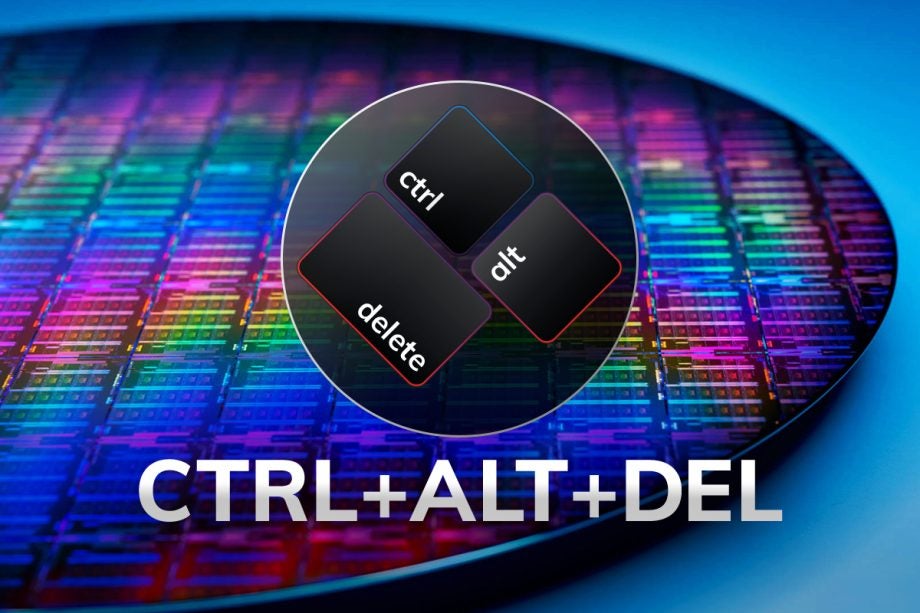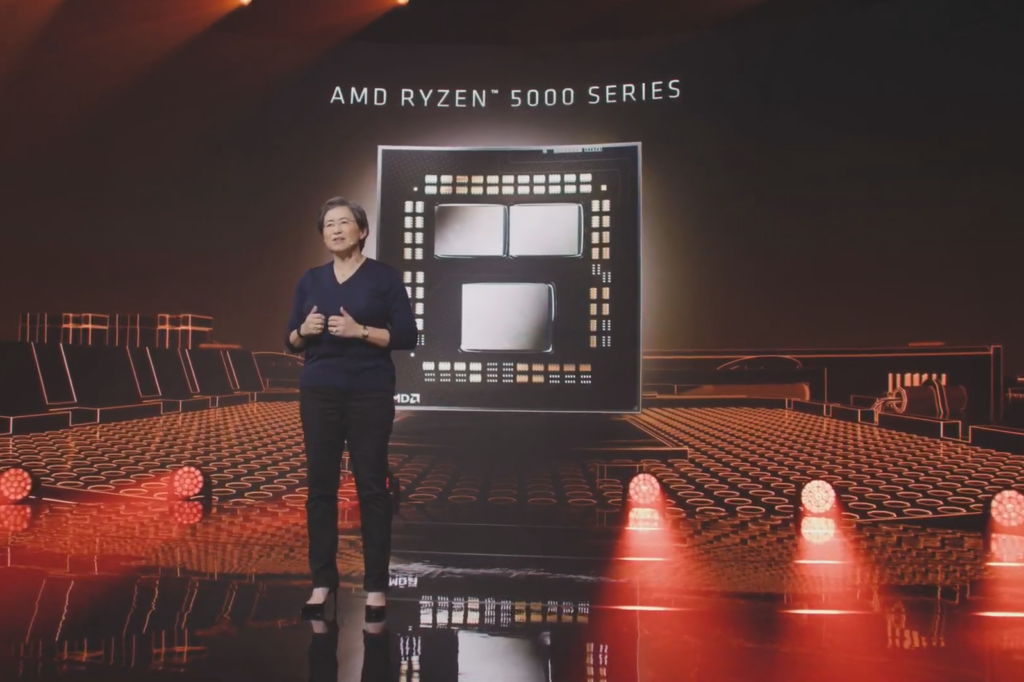Ctrl+Alt+Delete: Why you should be excited for Intel’s 7nm processor

This week, Intel’s new CEO Pat Gelsinger revealed that the company has finally resolved issues with its 7m node, and will be launching Meteor Lake processors featuring the technology in 2023.
This is exciting news, as it seemingly marks the end of a problem that Intel has been banging its head against for a number of years.
While AMD has raced ahead with its 7nm desktop processors, (smaller is better when it comes to process nodes) Intel has been stuck on 14nm architecture since Kaby Lake launched back in 2016. Intel Core chips have of course improved since then, with the new Rocket Lake desktop processors promising the fastest clock speeds yet, but there’s no denying the performance gains have been restricted by the limitations of a 14nm node.
By having a smaller process node, processor manufacturers are able to easily fit more cores on a chip. This is a big reason why AMD has been able to fit more cores and threads on its Ryzen chips in recent years. For example, the Ryzen 9 5950X has a whopping 16 cores, while Intel’s new flagship i9-11900K processor only features 8 cores.

AMD has been excelling in the desktop processor market thanks to the move to 7nm process nodes.
This has resulted in AMD dominating the content creation market – if you’re looking for a processor for multitasking heavy workloads, whether that’s 4K video editing or complex animation, then Ryzen is a no-brainer choice right now.
Intel has still managed to remain competitive in the gaming market, with the company excelling at offering blistering clock speeds, but AMD is closing the gap here too.
The emergence of a 7nm Intel Core processor could be an important step then, with Intel potentially able to fit even more cores and threads onto its chips, while also improving the power efficiency thanks to the smaller transistors. Meteor Lake would then be able to compete with AMD’s current core and thread counts, allowing Intel to finally be competitive in both the creative and gaming spaces once again.
However, it would be naïve to think AMD is just going to sit by and let Intel catch up. In fact, AMD has already announced that it plans to launch its 5nm Zen 4 processor before the end of 2022, ensuring that Intel will remain a step behind in terms of process node technology.
Meteor Lake can hardly be described as a ‘Ryzen killer’ then, especially at this early stage, but it’s still great to see Intel making exciting advancements once again rather than being stuck in limbo.
Ctrl+Alt+Delete is our weekly computing-focussed opinion column where we delve deeper into the world of computers, laptops, components, peripherals and more. Find it on Trusted Reviews every Saturday afternoon.


